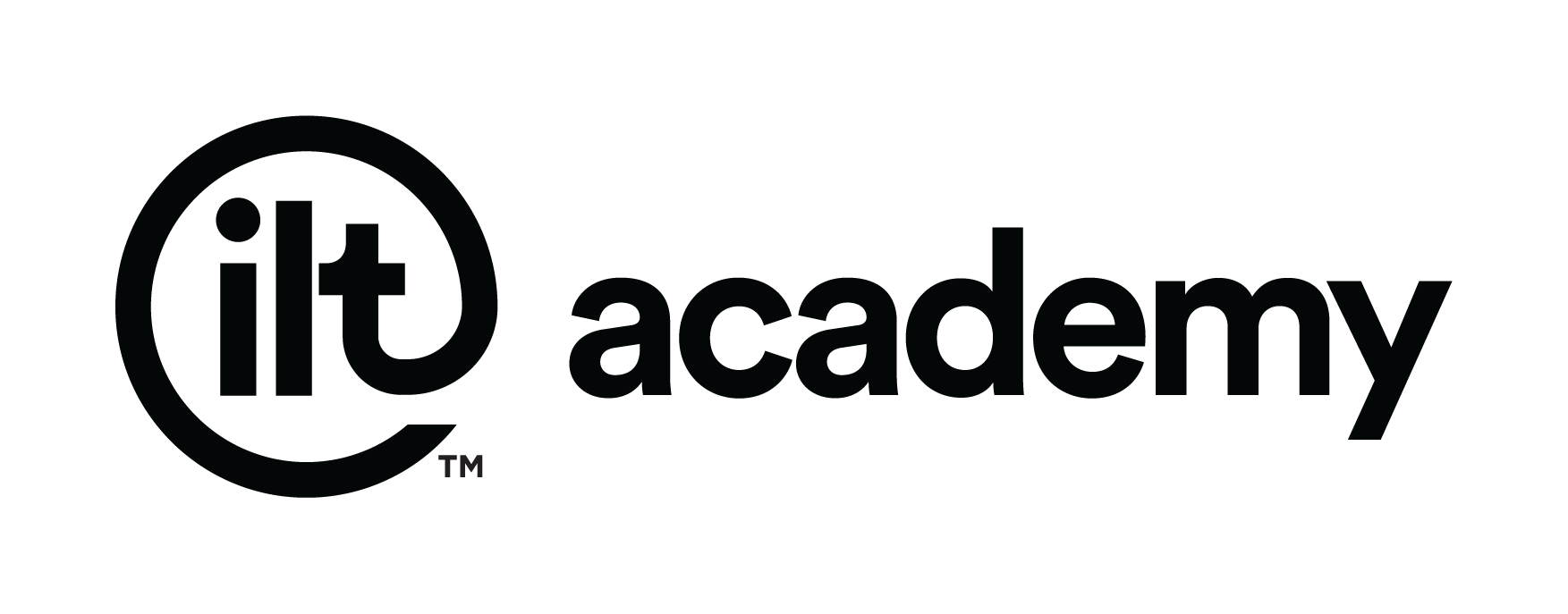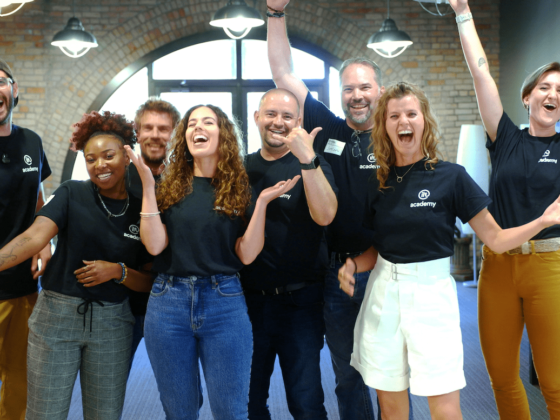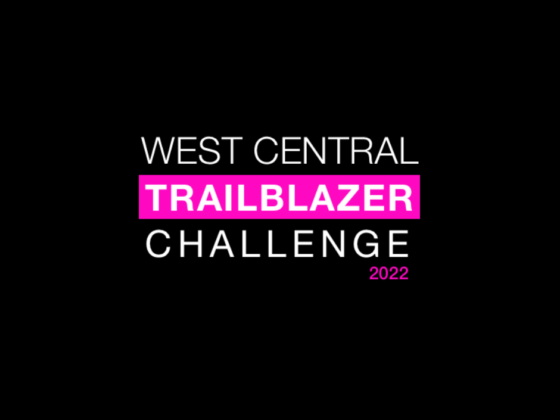Starting a business is like pitching a film to a big Hollywood movie studio.
That’s according to Nick Tietz , the founder of ILT Academy and ILT Studios, a St. Cloud-based education provider and co-working lab for small-business owners. When it comes to nurturing a business idea, accelerator programs, lenders and investors tend to rally around the 1% of new companies that have the potential to become blockbusters, he said.
“Not all movies are hits,” he said.
In Minnesota and other parts of the U.S., though, there’s a dearth of environments for “the other 99%,” Tietz said.
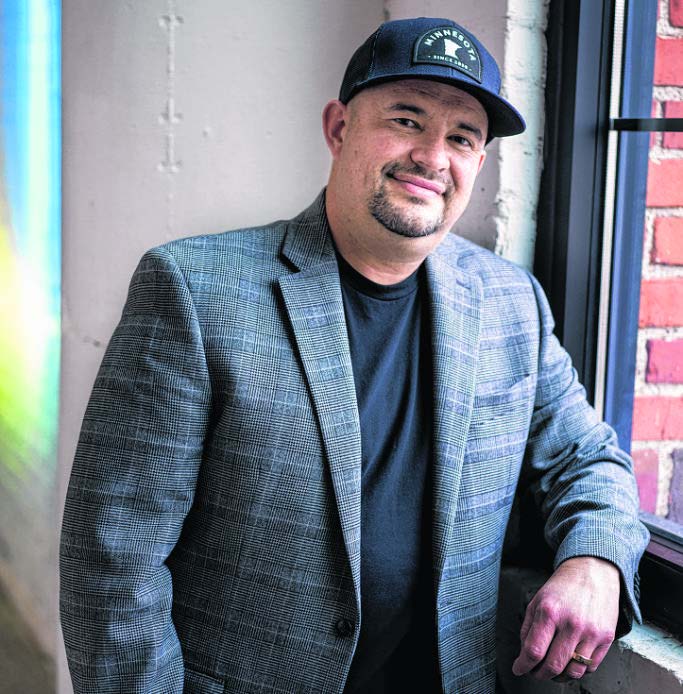 “Could we create a thousand $100,000 businesses every year?” he said.
“Could we create a thousand $100,000 businesses every year?” he said.
Tietz sought a way to teach people how to be successful entrepreneurs and avoid mistakes he made in his startup experiences. He launched and raised capital for six previous companies: an advertising and marketing agency; a motion graphics design business that merged into a new company focused on digital interactive design; an app that serves as a mobile profile for people with disabilities to improve interactions between first responders and educators; a home management platform for active military members; and a fitness coach app. All but one eventually shuttered.
In November 2020, he launched ILT Academy, which operates free, 10-week programs to help entrepreneurs — mostly in Greater Minnesota — validate their products and understand their market fit through customer discovery.
In three years, he has taught more than 500 small business owners.
Tietz — whose academy the North Dakota Department of Commerce recently selected to be the state’s official provider of educational material for socially and economically disadvantaged entrepreneurs and small-business owners — shared his perspective on how entrepreneurs should really think, and why the failure rate is so high for new business owners.
Q: According to the Bureau of Labor Statistics, only half of businesses survive past five years. What can be done to bring the success rate up?
A: I think as the business gets less risky, the failure rate goes significantly down. The failure rate on a coffee shop is way lower than a high-growth, high-tech startup because the uncertainty in the customer segments and the marketplace is so different. A small business typically has a known customer with a known problem, a known solution and a known context. Those are a little bit easier of a problem to solve and troubleshoot. The failure rate goes up when you start getting into things that are completely new. There’s a skill set in finding a customer and then finding a market.
Q: What are some of the lessons you’ve learned in standing up different small businesses?
Read the full interview on startribune.com
Originally posted by Nick Williams of Star Tribune, November 8, 2023
